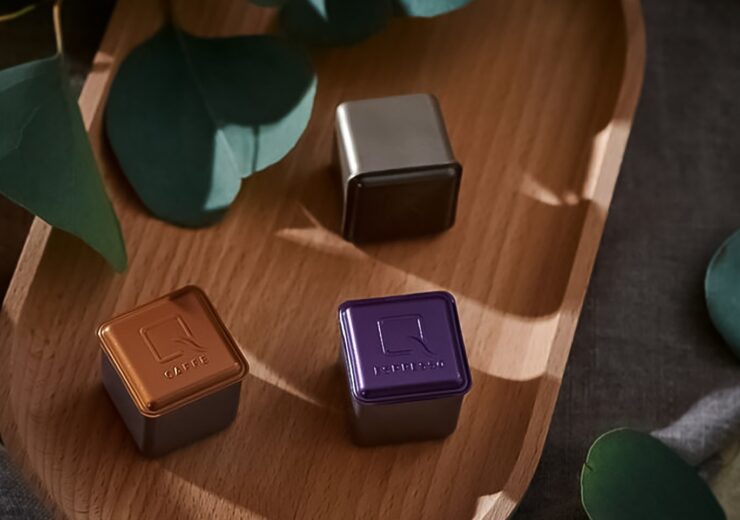Produced from identical types of polymers, the new capsules for Qbo brand coffees are renewably sourced and do not compete with food

Berry Global and Neste have supported Tchibo to introduce renewable coffee capsule. (Credit: Berry Global Inc.)
Plastic packaging maker Berry Global and its feedstock supplier Neste have supported Tchibo to introduce coffee capsules made from renewable sources.
The new coffee capsule is created from similar types of polymers that are generated from bio-based raw materials, such as leftover and waste oils and fats, like used cooking oils.
The latest product aims to elevate the sustainability of Qbo brand coffee capsules by using polypropylene (PP) made from renewable raw materials for manufacturing.
According to the packaging firm, the new capsule for Qbo brand coffee is sourced from renewable materials that do not compete with food.
As per a life cycle analysis performed by the Technical University of Berlin in accordance with ISO 14040/44, the conversion of the capsule material results in about a 35% reduction in CO2 emissions.
A mass balancing technique that has been approved by the International Sustainability & Carbon (ISCC PLUS) system is used to supply renewable resources.
The new capsules provide an identical performance and product experience due to the same quality and properties as the traditional ones.
Additionally, the existing manufacturing lines may easily be modified to use renewable feedstock.
Berry said that it expedited the transition to a more sustainable, circular solution by combining its technical know-how for the efficient production of the capsules with its sustainability leadership to select qualifying raw materials.
Berry Consumer Packaging International Division president Jean-Marc Galvez said: “Supporting our customers’ growing sustainability commitments is a key priority as we plan for the future needs of a net-zero, circular economy.
“Delivering the infrastructure and manufacturing capabilities to design products for circularity is one of our core competencies. I am incredibly proud of this partnership and its commitment to demonstrate the potential of renewable raw materials to lower the environmental impact of capsules.”
The packaging company recently pledged to utilise 30% circular plastics in the packaging of its fast-moving consumer goods by 2030.
